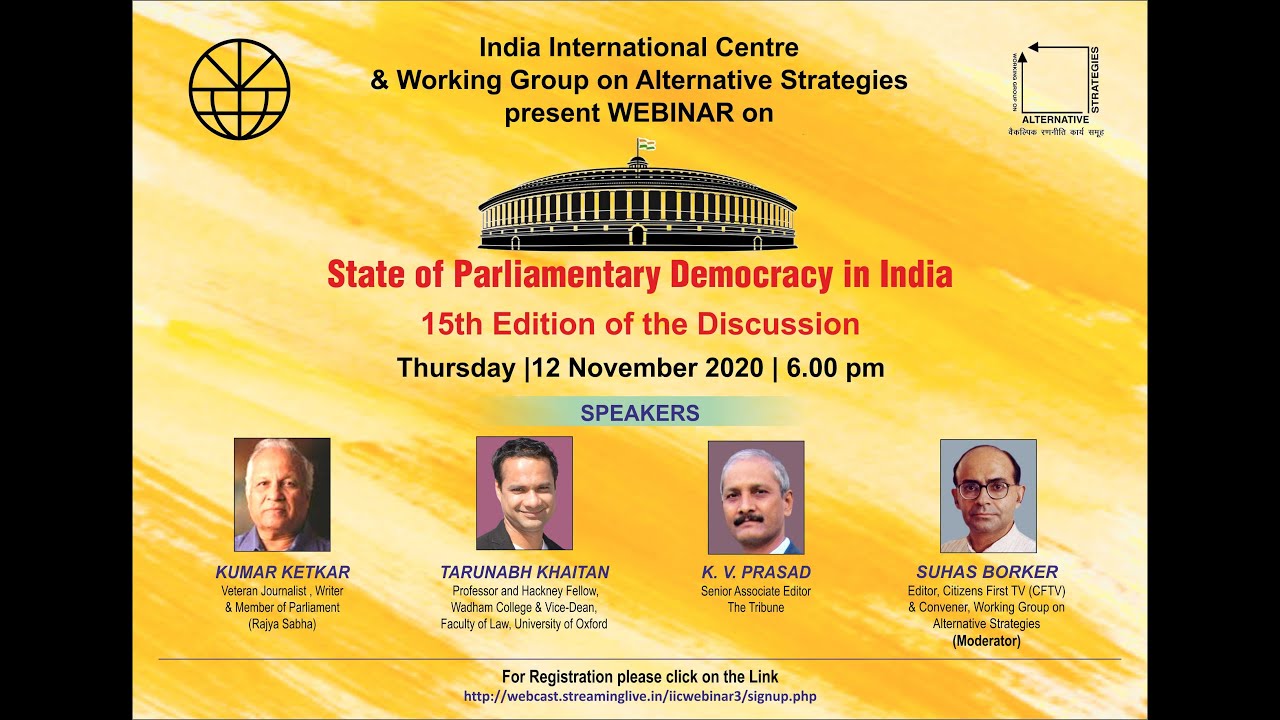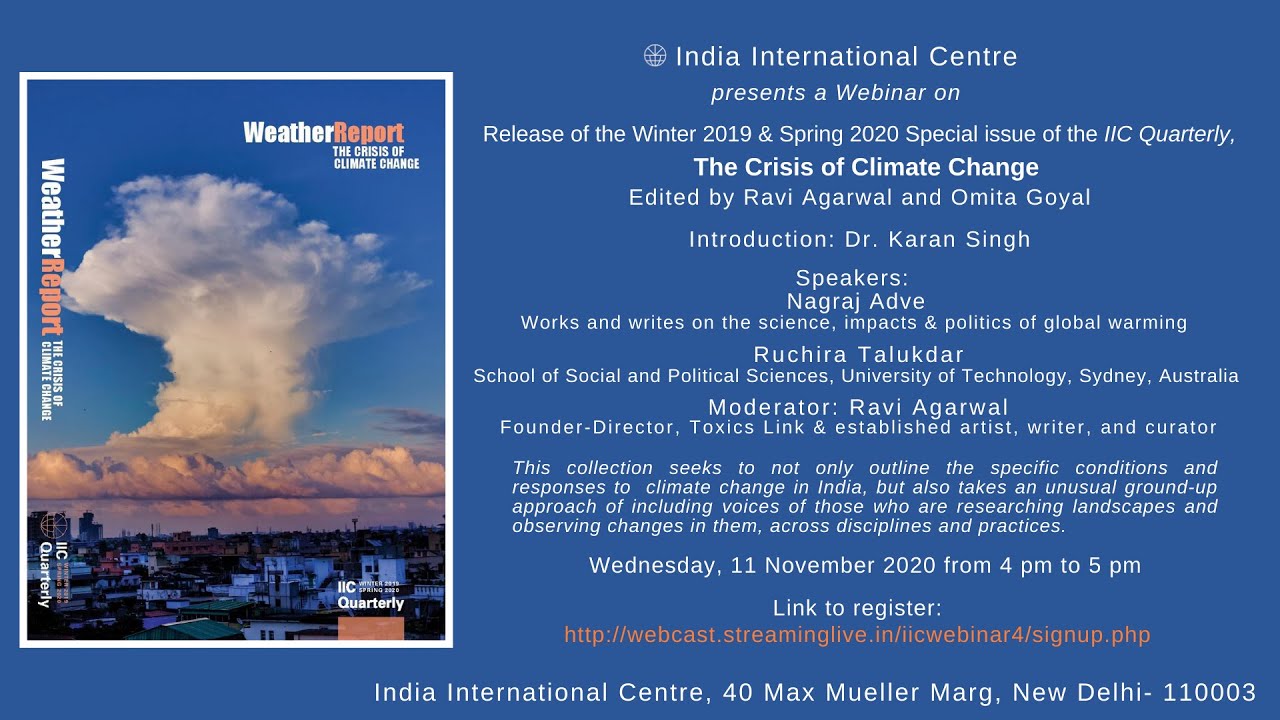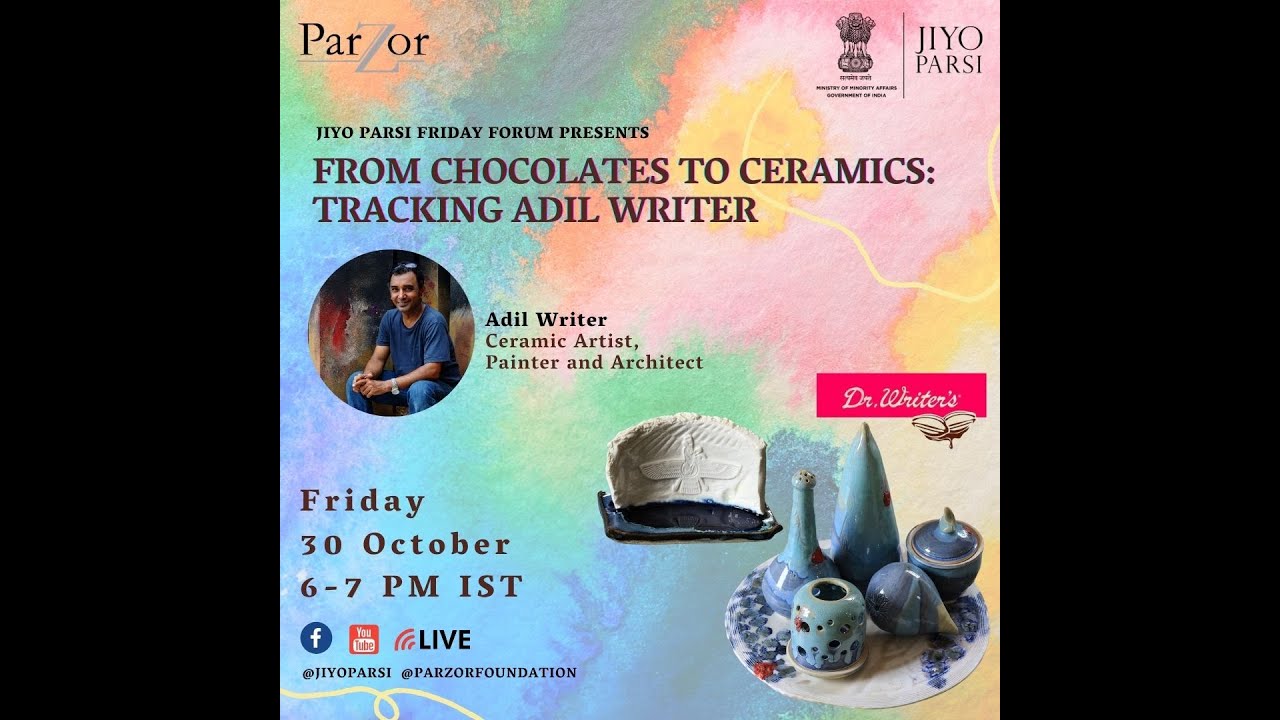Alfred Stieglitz: The Eloquent Eye
(87 min; 2001; English)
Director: Perry Miller Adato
A PBS American Masters series documentary on Alfred Stieglitz, the father of modern photography. Stieglitz helped raise the status of photography to the level of art. As a photographer, publisher and gallery owner, he was a key figure in the birth of American modernism. With never before seen footage of Georgia O’Keeffe speaking about Alfred Stieglitz who offered her her own show in his popular and avant garde Studio 291 and who she later married in 1916. The documentary also includes interviews with leading Stieglitz scholars and museum curators

















